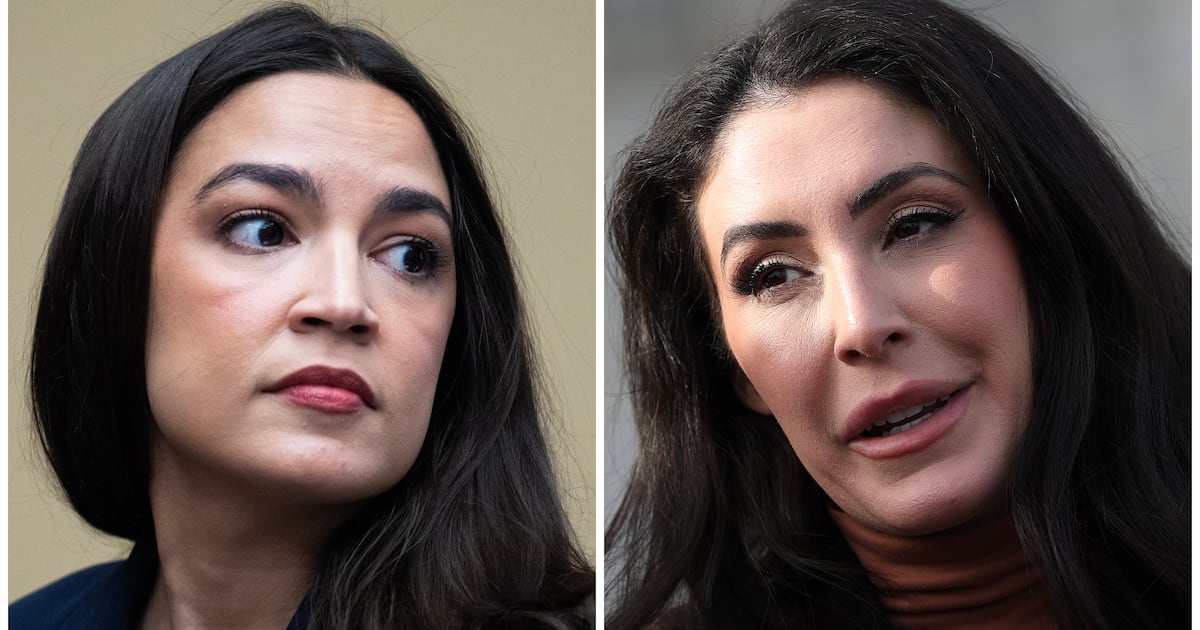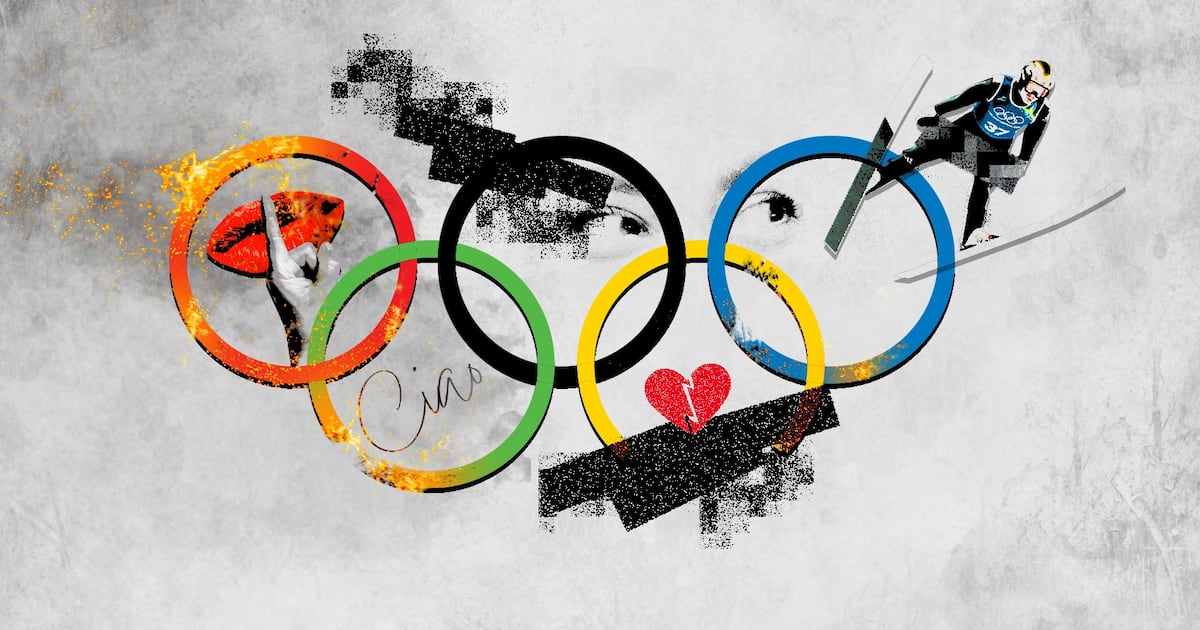Becoming a journalist was a big financial risk when I entered the field in 2003. In 2013, it's shaky indeed. Last week Pew issued a report suggesting that journalism was entering a death spiral: the loss of ad dollars, particularly for classified ads, has led newspapers to make cutbacks. This causes a decline in quality, because writing a good story takes a lot of time and resources. And the readers respond to the quality decline by cutting back on their subscriptions.
(I'm not sure whether readers understand just how long it takes to report a single story, but a good rule of thumb is that just the interviews average an hour per usable quote. Some interviews give you more, but others can't be used at all. If you have to travel and see something, it's even longer.)
Not so fast, says sociologist Gabriel Rossman, one of my favorite sources on all things media. Yes, if you look at the Pew survey, people superficially seem to be complaining about the declining breadth of the stories they read. But if you look at other research, it's likely that what they're actually complaining about is the political slant:
There are three key pieces of evidence in the report itself for the Gentzkow and Shapiro model:
When asked to elaborate problems with content, far more respondents said “The stories are less complete” than “there are fewer stories.” I strongly suspect by “less complete” many respondents are choosing the closest available option from the forced choice set to map onto “bias” allegations.
Dissatisfaction and abandonment is concentrated among men and Republicans. Although there are “hostile media” allegations from the left (eg, Herman and Chomsky, Media Matters, etc), in recent years conservatives have been the most vociferous in alleging media bias and providing an alternative “fair and balanced” media ecosystem. As such, conservatives are exactly among whom you’d expect to see the Gentzkow and Shapiro effect concentrated. (I’m bracketing the issue of whether it is justified for conservatives to feel this way since for our purposes only their subjective views are relevant).
57% of respondents who are aware of media financial problems think they’re immaterial to coverage about national and international issues. I’m not one to believe that survey responses have to be logically consistent, but this only makes sense if you think the issue is bias, not man-hours.
The upshot is that my reading of the survey in light of the Gentzkow and Shapiro model is that the way for media outlets to survive and thrive is to engage in what traditionally trained journalists would regard as lower quality, by forsaking the objectivity genre and pandering to their readership’s beliefs. To a large extent that’s what we’ve been seeing already over the last generation as a process of creative destruction.
Think about coverage of gay marriage. It's celebrated throughout the New York Times: the style section, the Vows section, the real estate section. These stories do not contact an opposing side for comment on whether the couple should be allowed to get married; the worldviews is that of course gay marriage is awesome. If you oppose gay marriage, you'll see a lot of "incomplete" stories about gay marriage that don't address possible social costs--just as environmentalists reading a story about a factory opening might get annoyed if the story doesn't discuss environmental criticism of the new site.
But forty years in, most business stories (written by liberals, let's be honest), do consider environmental impacts as part of the basic story about a new factory. Most stories about gay couples do not consider the social impacts as part of the "basic story"--unless they explicitly argue that the social impact will be good. So conservatives are likely to find the paper much less congenial than they used to--especially as ongoing consolidation pushes their nearest "local" paper into larger, more urban, and more liberal media markets.
I agree with Gabriel: the future of journalism is more opinionated, less "objective". I don't think that this is an entirely bad thing; partisan and ideological media has strengths as well as weaknesses. But it will be a wrenching shift for those of us used to making our living on the old model.





